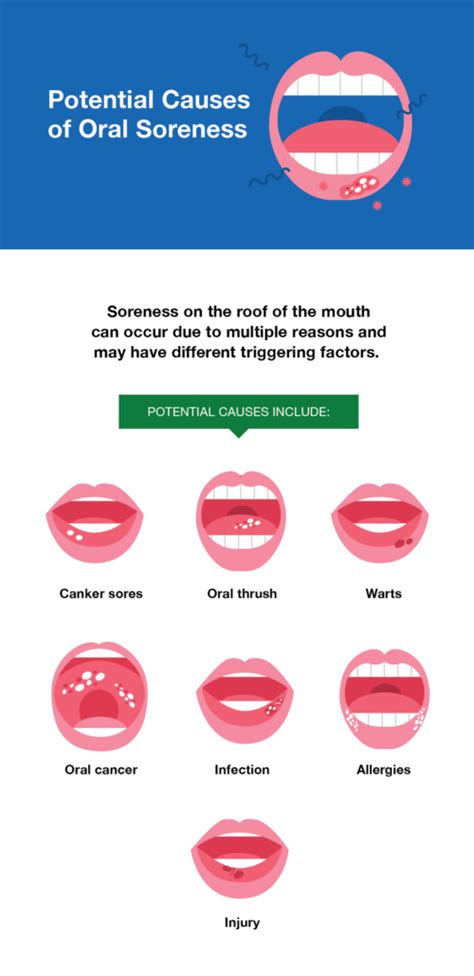Understanding Full Term Pregnancy
Pregnancy is a journey that typically lasts for around 40 weeks, calculated from the first day of the woman’s last menstrual period (LMP). However, there is some variability in the length of pregnancy, and it is considered full term between 37 and 42 weeks.

Why Does the Length of Pregnancy Vary?
The exact reason for the variability in the length of pregnancy is not fully understood, but it is likely due to a combination of genetic and environmental factors. Some factors that may influence the length of pregnancy include:
- Genetics: The genes of both the mother and father can play a role in the length of pregnancy.
- Maternal health: The mother’s overall health, including her age, weight, and medical history, can affect the length of pregnancy.
- Environmental factors: Exposure to certain environmental toxins, such as smoking and air pollution, can affect the length of pregnancy.
How Is Full Term Pregnancy Determined?
The most accurate way to determine the length of pregnancy is through ultrasound. Ultrasound is a non-invasive imaging technique that can be used to visualize the fetus and measure its growth. Ultrasound can be performed at any time during pregnancy, but it is typically done during the first trimester to confirm the pregnancy and again during the third trimester to estimate the due date.
What Happens if Pregnancy Goes Beyond Full Term?
If pregnancy goes beyond 42 weeks, it is considered post-term. Post-term pregnancies are associated with an increased risk of complications for both the mother and the baby. These complications can include:
- Maternal complications: Post-term pregnancies can increase the risk of high blood pressure, preeclampsia, and postpartum hemorrhage.
- Fetal complications: Post-term pregnancies can increase the risk of stillbirth, low birth weight, and birth defects.
Benefits of Delivering at Full Term
Delivering at full term is associated with a number of benefits for both the mother and the baby. These benefits include:
- Reduced risk of complications: Delivering at full term reduces the risk of complications for both the mother and the baby.
- Healthy baby: Babies born at full term are more likely to be healthy and have a normal birth weight.
- Easier labor and delivery: Labor and delivery are typically easier for mothers who deliver at full term.
Risks of Delivering Prematurely
Delivering prematurely (before 37 weeks) can increase the risk of complications for both the mother and the baby. These complications can include:
- Maternal complications: Premature delivery can increase the risk of postpartum hemorrhage and infection.
- Fetal complications: Premature babies are more likely to have respiratory problems, gastrointestinal problems, and developmental delays.
How to Avoid Premature Delivery
There are a number of things that women can do to reduce their risk of premature delivery, including:
- Getting regular prenatal care: Regular prenatal care can help to identify and manage risk factors for premature delivery.
- Maintaining a healthy weight: Being overweight or underweight can increase the risk of premature delivery.
- Not smoking or drinking alcohol: Smoking and drinking alcohol can increase the risk of premature delivery.
- Managing underlying health conditions: Underlying health conditions, such as diabetes and high blood pressure, can increase the risk of premature delivery.
Conclusion
The length of pregnancy can vary, but full term pregnancy is considered to be between 37 and 42 weeks. Delivering at full term is associated with a number of benefits for both the mother and the baby, while delivering prematurely can increase the risk of complications. By following the tips above, women can reduce their risk of premature delivery and improve the chances of having a healthy pregnancy and a healthy baby.
Frequently Asked Questions
Q: How long is a full term pregnancy in days?
A: A full term pregnancy is typically between 259 and 294 days, calculated from the first day of the woman’s last menstrual period (LMP).
Q: What is the average length of pregnancy?
A: The average length of pregnancy is 40 weeks, calculated from the first day of the woman’s last menstrual period (LMP).
Q: How can I tell if my pregnancy is full term?
A: The most accurate way to determine the length of pregnancy is through ultrasound. Ultrasound can be performed at any time during pregnancy, but it is typically done during the first trimester to confirm the pregnancy and again during the third trimester to estimate the due date.
Q: What are the risks of delivering prematurely?
A: Delivering prematurely can increase the risk of complications for both the mother and the baby. These complications can include respiratory problems, gastrointestinal problems, and developmental delays.
Q: How can I avoid premature delivery?
A: There are a number of things that women can do to reduce their risk of premature delivery, including getting regular prenatal care, maintaining a healthy weight, not smoking or drinking alcohol, and managing underlying health conditions.
















